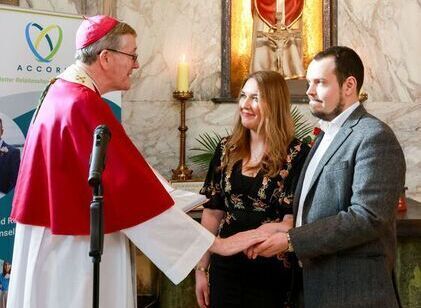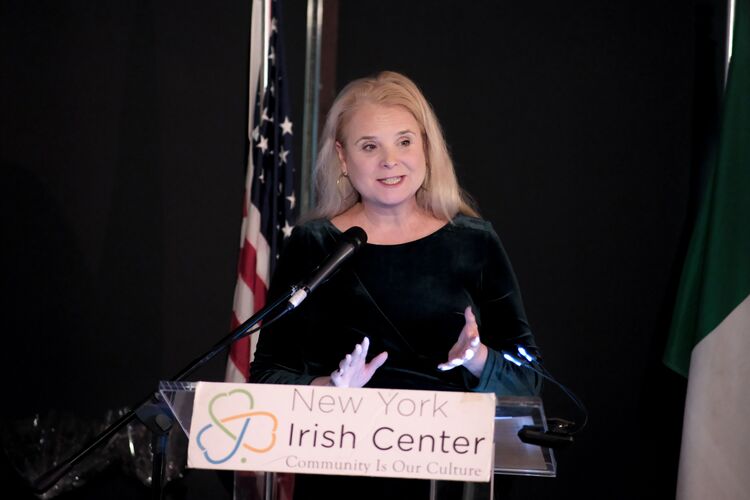The Irish presidency has been going through something of a makeover in recent years, its profile rising even as the profile of the country itself has been elevated around the world.
Thus far, the election campaign, at the end of which a candidate will succeed the outstanding Mary McAleese, has been itself a high profile affair, not always for the best of reasons.
But regardless of the arguments flying back and forth - and indeed regardless of who wins out in the end and becomes the Republic's ninth constitutional head of state - it has been encouraging indeed to see the matter of votes for Irish citizens living overseas being raised and debated.
At the same time, this discussion has focused almost entirely on the question of extending votes rights in presidential elections only.
Ireland is a standout in the European Union in that it does not allow citizens living in other countries to vote in any elections at all; nor does it allow expatriates to vote in referenda.
There are exceptions to this. Diplomats and military personnel serving overseas are facilitated and university graduates have been, over the years, allowed vote for members of the Irish senate who sit on the university panels.
By and large, though, to emigrate means that you become disenfranchised. There have been arguments in favor of this situation for sure: no representation with taxation is one, and the assertion that in time of high emigration there might be more voters from a Dáil constituency living outside it than within its boundaries.
Other less tangible arguments have surfaced. It is often suggested that those who have left the country are out of touch, removed from the issues. In the internet age, that line falls heavily on its face.
There has also been the idea, sometimes enunciated, at other times merely hinted at, that citizens living overseas, most especially those in the U.S., are prone to dubious influences with regard to the "national question." That's a nonsensical position, indeed an insulting one.
On the basis that you have to walk before you run, the fact that a vote for overseas citizens in future presidential elections is being seriously discussed in this campaign is to be welcomed. It is being discussed in the context of a planned constitutional convention which will take a serious look at the existing Irish constitution, Bunreacht na hÉireann, this with a view to implementing changes by 2016, the 100th anniversary of the Rising.
Sinn Fein's Martin McGuinness has been talking up the issue of extending voting rights in presidential elections, most especially to Irish citizens living in the North. McGuinness cannot vote for himself on October 27.
Labour's Michael D Higgins has been focusing on the issue in the broadest sense. Speaking recently at the Irish Centre in London, Higgins alluded to problems associated with extending the franchise when this was considered in the 1990s.
However, he said, technological changes that have taken place since then mean that problems that were encountered at that time regarding the compilation and maintenance of an electoral register of Irish citizens abroad no longer arise.
Higgins believes that those citizens living overseas who were on the electoral register, or would be entitled to be on it, should be able to retain the right to vote "in some or all of our elections for a specified period, perhaps five to then years."
This hardly smacks of revolutionary change, but given the narrow minded attitudes that have prevailed in Ireland for far too many years, this was a veritable call to arms.
Higgins may or may not end up being president. No matter who actually wins, however, he or she, as protector of the constitution, would do well to remind legislators that citizenship in a democracy does not go up in a puff of smoke simply because a national boundary has been left behind, and a new one crossed.
That said, the planned constitutional convention has the potential to be a very significant development in the life of the country that attracts a lot of worldwide attention and interest despite its small size, but yet remains overly inward looking in a critical area, that being the global reach of its hard won democratic principles.









